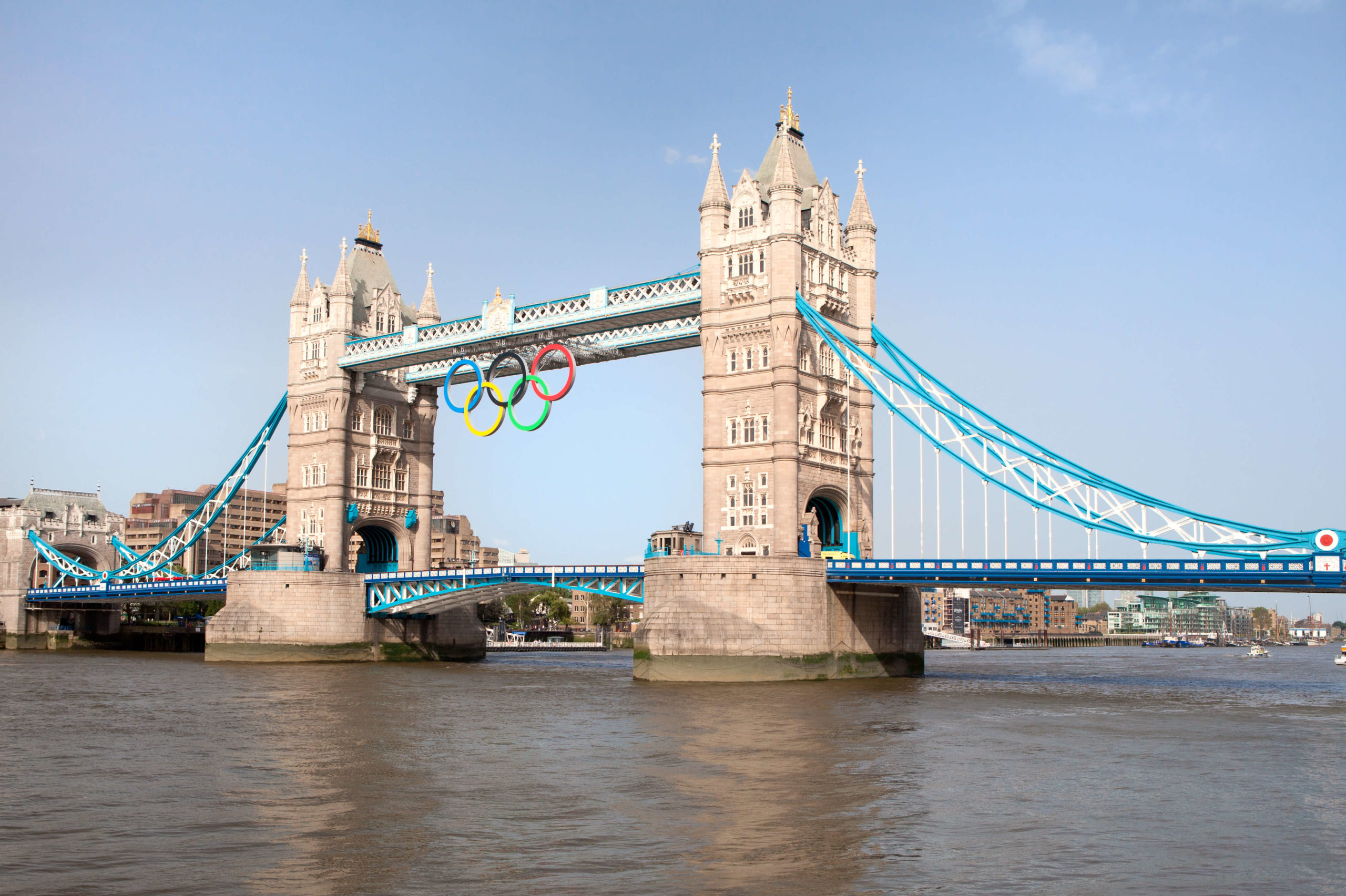
Last Updated: 11 Jul 2020 Report from the Olympics
The reviews in the British press of last night’s Olympic Opening Ceremony have mostly been positive (including from Chinese artist Ai Wei Wei ), and the comments on Twitter from us Brits have mostly been ecstatic.
It was very much a “people’s” view of our nation – our nostalgia for some mythic green and pleasant past, the workers and the women in the industrial revolution and two wars, our sense of humour and subversion, our universally loved children’s literature, our classical and pop music traditions, a moving tribute to those who died in the 2005 bombings just after we heard we won the Olympics. The moment when the house was removed to reveal Sir Tim Berners Lee, creator of the world wide web, brought a tear to my eye. It was far more spectacular and polished than we had dared hope – we thought self deprecating, shambling amateurism was more likely to be flavour of the day.
We are wondering how much of it was comprehensible to the world outside our isles however. I am almost tempted to get the DVD of it when it comes out and unpick it frame by frame in any cross cultural training I might do for our Japanese clients.
London is of course totally given over to the Olympics now. Us locals have been told to stay at home. I did venture into town yesterday, and spotted many “brand ambassadors” in their shiny new uniforms. I was very taken with their shoulder bags – particularly the fold up umbrellas with “just in case” written across the sleeve. Very British – rain, obsession with the weather and a low key sense of humour.
I’ve not seen that many Japanese people visiting so far. Indeed Japan’s Diamond business magazine has an article in its current edition speculating as to the reasons why Japan has not caught Olympic fever – partly to do with time zones, partly to do with “not being China”.
The Nikkei Business magazine has the Olympics as its special feature this week, looking at to what extent Japanese companies are involved – behind the scenes such as Molten brand basketballs being used, or as sponsors. It seems only Panasonic has been a consistent sponsor (official TV) since the 1980s. I noticed a few posters from Seiko on train stations – interestingly with some text in Chinese. This might be a cunning move – I definitely saw more Chinese tourists about town than Japanese. Other advertisers and the organising committee may have missed a trick here – all other signage and ads are in English only.
One big difference between the UK and Japan that I have only just become aware of is the extent to which Japan’s companies have supported the Olympics by nurturing athletes through their corporate teams. Fujitsu, with 8 competitors in the Olympics team in the field and track events is the most represented, but there are plenty others

